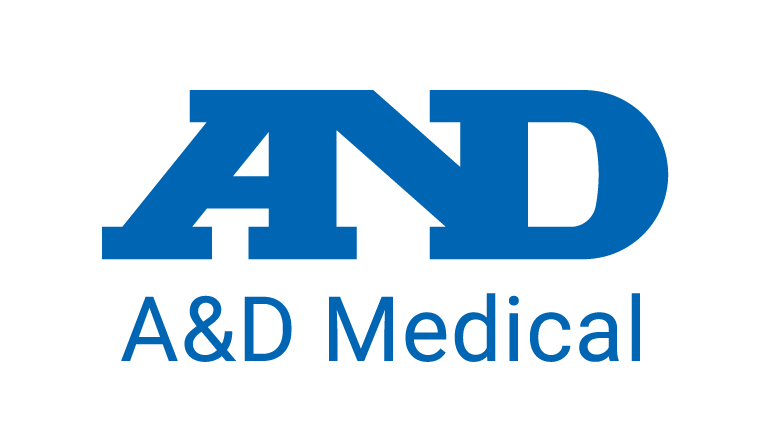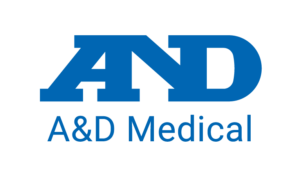Regular Blood Pressure Monitoring: A Key to Lowering Alzheimer’s Risk
A recent study has revealed a crucial link between high blood pressure and an increased risk of Alzheimer’s disease, emphasizing the importance of regular blood pressure monitoring. Published on August 14, 2024, in Neurology, the study found that individuals aged 60 and above with untreated high blood pressure are at a significantly higher risk of developing Alzheimer’s compared to those who regularly monitor and manage their blood pressure.
The Impact of Alzheimer’s Disease
Alzheimer’s disease, the most common form of dementia, affects nearly 7 million people in the U.S., accounting for 60% to 80% of all dementia cases. Characterized by severe memory loss and cognitive decline, Alzheimer’s interferes with daily life. While aging is the primary risk factor, the study highlights that untreated high blood pressure significantly increases the risk, making regular monitoring essential.
High Blood Pressure and Brain Health
Hypertension can damage blood vessels and reduce blood flow to the brain, contributing to cognitive decline and increasing the likelihood of Alzheimer’s. The study showed that individuals who do not regularly monitor their blood pressure face a much higher risk of developing the disease compared to those who manage their blood pressure effectively.
Importance of Monitoring and Management
Regular blood pressure monitoring is crucial for early detection and management of hypertension, helping to prevent serious health issues like Alzheimer’s. Early intervention through consistent monitoring can protect brain health and reduce the risk of dementia.
Practical Steps for Blood Pressure Control
Medications: Regular monitoring allows for timely adjustments to ensure optimal blood pressure control.
Healthy Lifestyle: A diet low in sodium, regular exercise, and stress management are key components of maintaining healthy blood pressure.
Mental and Social Engagement: Staying mentally active and maintaining social connections also support brain health.
Click here to add your own text





